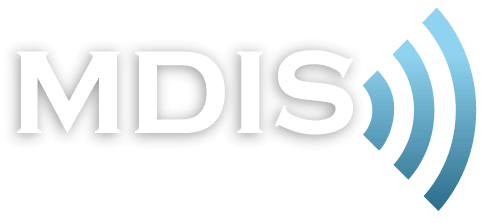The FDA has approved the first ultrasound device for use in combination with standard mammography in women with dense breast tissue who have a negative mammogram and no symptoms of breast cancer. The somo-V Automated Breast Ultrasound System (ABUS), marketed by U-Systems Inc. (Sunnyvale, California), is approved for use in women who have not had previous surgery, biopsy, or other invasive procedures in the breast, as such interventions might alter the appearance of breast tissue on a sonogram.
Special ultrasound device approved for dense breasts
According to National Cancer Institute (NCI) estimates cited by the FDA in announcing the ABUS approval, approximately 40% of women undergoing screening mammography have dense breasts. In contrast with less-dense breasts, which have a high amount of fatty tissue, dense breasts have a high amount of connective and glandular, or fibroglandular, tissue. Fibroglandular breast tissue appears as solid white areas on a mammogram, just as tumors do. As a result, dense breast tissue may obscure smaller tumors, potentially delaying cancer detection. Ultrasonography has been shown to be capable of detecting small masses in dense breasts.
The newly available ABUS has a specially shaped transducer that can automatically scan the entire breast in about 1 minute to produce several images for review. Before approving the ABUS, the FDA reviewed results from a clinical study in which radiologists were asked to review mammograms alone or in conjunction with the somo-v ABUS images for 200 women with dense breasts and negative mammograms. Biopsies were then performed on masses detected with the ultrasonography device. A statistically significant increase in breast cancer detection occurred when ABUS images were reviewed in conjunction with mammograms compared with when mammograms alone were reviewed.
As part of the FDA approval, the ABUS manufacturer is required to provide thorough training for physicians and technologists using the device, and must provide each facility with a manual that clearly defines system tests required for initial, periodic, and yearly quality-control measures.
